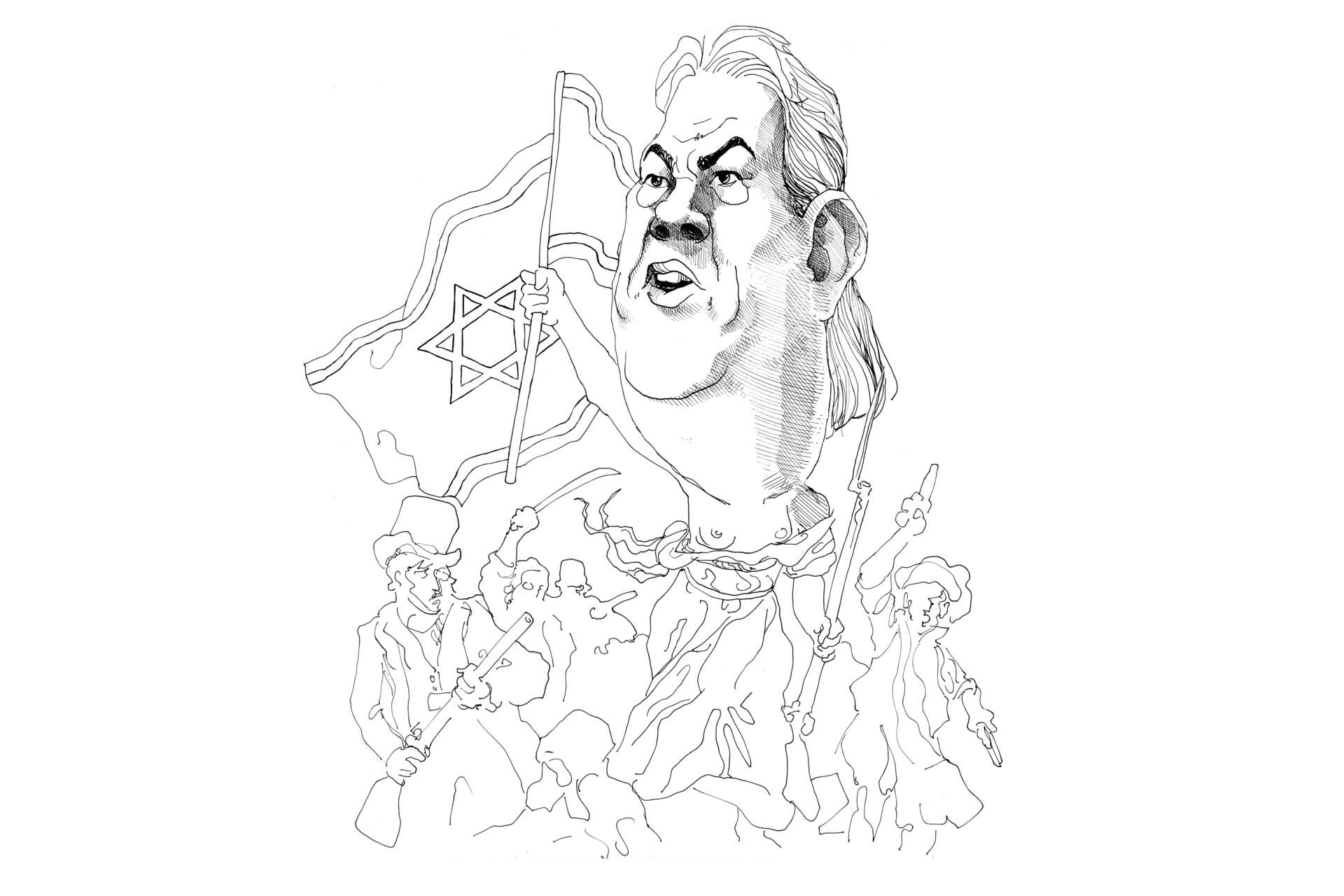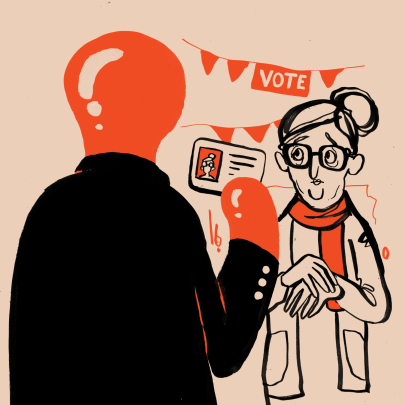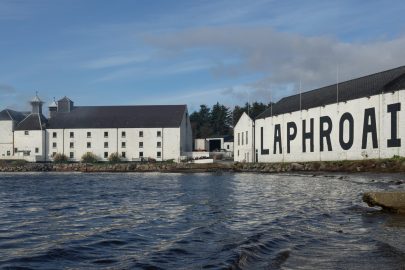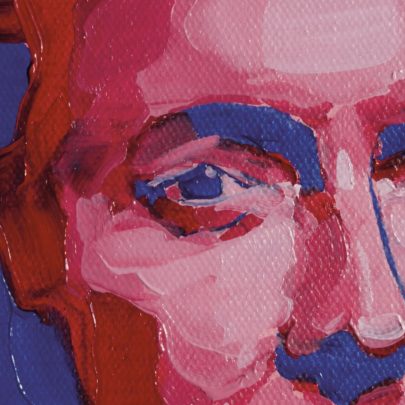Feb 21, 2024 Politics
It’s the middle of the night, and I am still scrolling. I stop at a photograph of the feet of a child, next to the feet of an adult edging out from under rubble. I watch a video that shows, the captions explain, a surgeon breaking down after performing an amputation on his own child, without anaesthetic, causing the boy to die from the pain. Viewers around the world understand that this is a moment of unfathomable grief — the worst moment of the father’s life — and it is being filmed and shared because it has to be.
As the Palestinian human rights lawyer Rabea Eghbariah wrote in his essay ‘The Ongoing Nakba’, “Palestinians cannot be innocent… There is no number of Palestinian bodies that can move Western governments and institutions to ‘unequivocally condemn’ Israel, let alone act in the present tense.” Eghbariah’s insight certainly applies to our own government. Former prime minister Chris Hipkins took weeks to call for a ceasefire, and then only in his capacity as Labour Party leader, and only as the human toll of the Israeli Defence Force’s (IDF) bombing campaign reached into the thousands.
We’ve watched these mass killings on our phones, from half a world away — of the surgeon’s child and the many other men, women and children. The scale is hard to grasp, even in relation to geography. There are 2 million people packed into an area smaller than metropolitan Wellington. There are 8000 Gazans per square kilometre; 1.7 million are registered refugees, the descendants of the ethnic cleansing of 1948 when 250,000 Palestinians were driven into Gaza’s narrow strip from what is now Israel. At the time of writing, the kill count from the IDF’s bombs is 14,000 — overwhelmingly civilians, more than a third of whom were children, and for what? In Gaza not even children are innocent or mourned, and when United Nations secretary-general António Guterres said “Gaza is becoming a graveyard for children”, leaders of the English-speaking world appeared unmoved.
I’m still scrolling. I scroll past another, differently disturbing video. Black-shirted Māori from Brian Tamaki’s Destiny Church are performing ‘Ka Mate’ at a pro-Israel march in Tāmaki. This haka has been co-opted by so many, both Māori and non-Māori, who feel entitled to perform it despite people from Ngāti Toa repeatedly asking them not to. It’s unclear if the members of Destiny’s Church realise the history they’re invoking. Ka Mate is the haka of Te Rauparaha — a rangatira who led a shockingly violent expansion and settlement campaign, killing more than a thousand innocent people in Te Wai Pounamu. Or maybe they do, and they identify with the aggressor, whether that’s Te Rauparaha or the violently expansionist Israeli state. Or maybe, like the small number of Māori Zionists, Destiny identifies Israelis as ‘Indigenous’.
Ethnic cleansing, apartheid and indigeneity are, in some ways, helpful terms for understanding what is occurring in Gaza, because they reference histories we’re familiar with. But ultimately they become insufficient because each term is so specific to context and cannot provide meaningful ways to understand and articulate the nuance within these different historical processes. Instead, the question that better clarifies the moral and ethical situation for Indigenous peoples, including Māori, is to ask: who is the victim of settler colonialism here? It is not the Gazans expanding their borders, sending settlers and displacing others. It is the Israeli state undertaking a decades-long settlement campaign, with all of the violence that process requires. This is why solidarity from Māori overwhelmingly falls on the side of Palestinians.
Still, even as an Indigenous person living in a settler society myself, I will never comprehend or understand what it is like to be Palestinian or to live through an unfolding Nakba. I don’t believe it’s helpful to compare Indigenous experiences, or to equate the historical memory of what our tīpuna experienced to what Palestinians have and continue to experience. Besides which, there are so many Palestinian writers and artists who can do this themselves. Gaza is home to a huge population of artists and writers, especially poets, and it saddens me immensely to think that many of them are now the martyred dead.
But this is not to say we cannot learn from history. We can learn from the solidarity in Aotearoa that emerged out of the Springbok Tour. Not simply because Israel modelled some of its approaches on apartheid South Africa (and was one of the last countries to formally sever ties with the state), but because in those anti-apartheid actions so many people learned how to enact solidarity. Ultimately, that requires a decentring of our own colonial traumas and the uplift instead of Palestinians, just as for black South Africans.
We must continue to educate ourselves and to organise. We can also join others picketing our ports to prevent Israeli products entering Aotearoa, such as the action at the Ports of Auckland drawing attention to ZIM Integrated Shipping Services. We must have those kōrero, too, with the Christian Zionists in our community, a large proportion of whom are Māori. We must make conscious choices to boycott products from companies that support the Israeli regime. We must ask for more from our media outlets, which have never adequately represented the Palestinian people. We must push for disinvestments, whether this is through our KiwiSaver or by contacting Minister for Defence Judith Collins and telling her to urge the New Zealand Defence Force not to buy products from Lockheed Martin and Cubic Defence. Our government must condemn Israel, call for an end to the occupation, expel the Israeli ambassador and place sanctions on Israel for their blatant disregard of human rights.
My own toddler snores loudly next to me and I can hear the ocean waves tumbling outside. Gaza is the only area where Palestinians have access to the ocean. For years, many Palestinian children in Gaza were able to see, hear and smell the ocean but had never swum in the sea. Failing infrastructure and raw sewage meant the sea was unswimmable, until an international clean-up operation opened the beaches in 2022. Now they are unsafe for other reasons.
In a 1988 interview with Jana Wendt, in reference to witnessing the horrors of racial violence, the late black author Toni Morrison said, “I insist on being shocked. I am never going to become immune. I think that’s a kind of failure to see so much of it that you die inside.” In this she captures the point of my and your endless scrolling. It reminds us of our humanity, and the responsibility we have of bearing witness; the responsibility we have to keep our eyes open and educate ourselves on the truth — in spite of the conglomerates of media and political leaders who stay silent and refuse to denounce Israel and call its actions what they are: a genocide.






